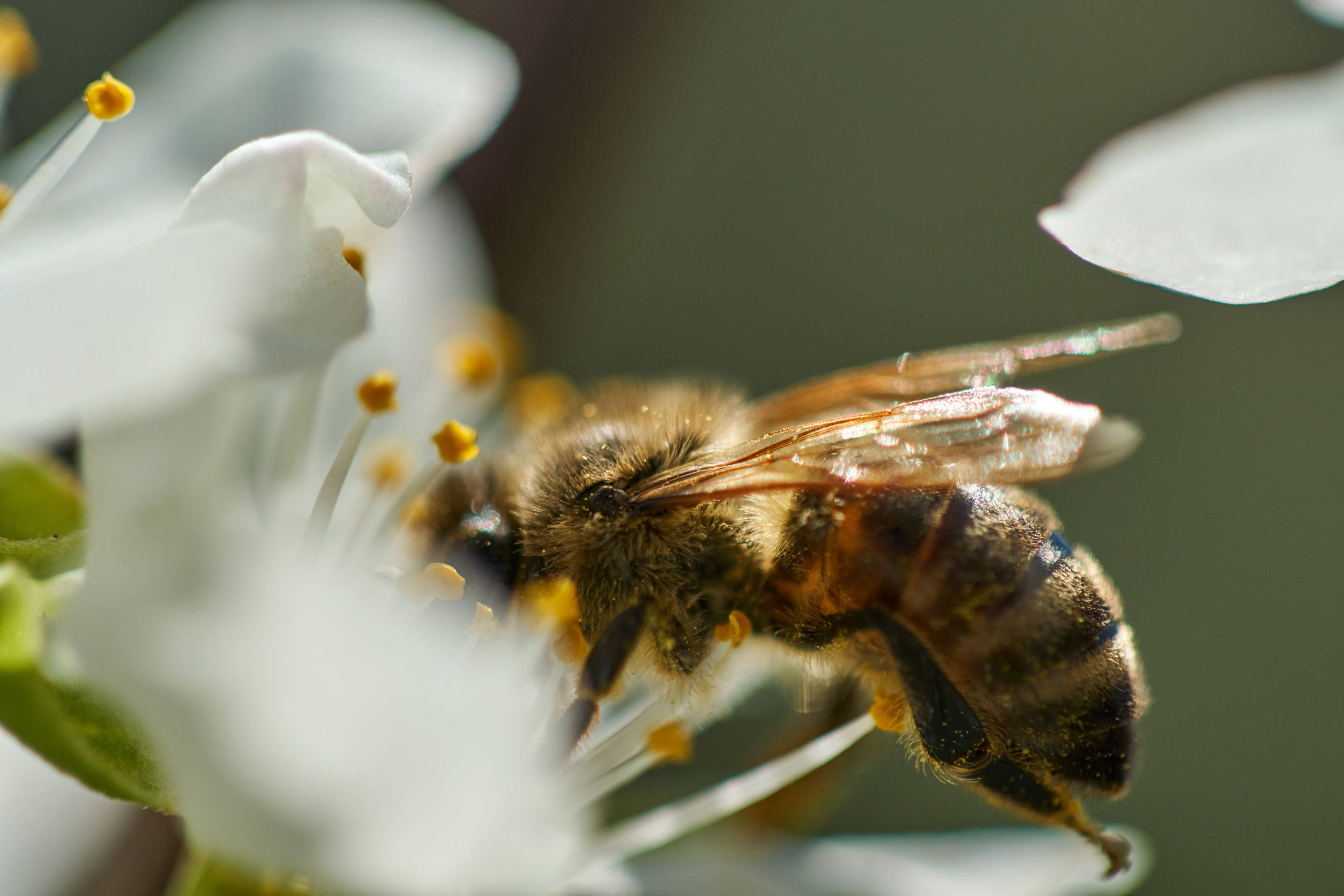Despite the fact that prosthetic legs are usually less than half the weight of a natural limb, leg amputees often perceive their prosthesis as too heavy. This is due to the loss of sensory feedback that amputees suffer from.
In order to restore sensory feedback and help amputees perceive their prostheses as lighter, researchers at ETH Zurich have developed leg prostheses that connect to the nervous system. This is done by implanting electrodes in the thigh, which connect to the leg nerves there.
As reported by Futurity, information from tactile sensors under the sole of the prosthetic foot and from angle sensors in the electronic prosthetic knee joint are converted into pulses of current and passed into the nerves. In essence, the amputee’s brain is being tricked into believing that their prosthetic leg is of similar weight to their natural leg.
In studies so far, the researchers found that neurofeedback can reduce the perceived weight of the prosthesis by 23 percent, or almost 500 grams. Additionally, the researchers also found that the added sensory feedback helps the brain function better while walking.
In a motor-cognitive task, volunteers had to spell five- letter words backwards while walking. The sensory feedback not only allowed him to have a faster gait but also to have a higher spelling accuracy.
“Neurofeedback not only enables faster and safer walking and positively influences weight perception,” said Stanisa Raspopovic, a professor in the health sciences and technology department at ETH Zurich. “Our results also suggest that, quite fundamentally, it can take the experience of patients with an artificial device closer to that with a natural limb.”











